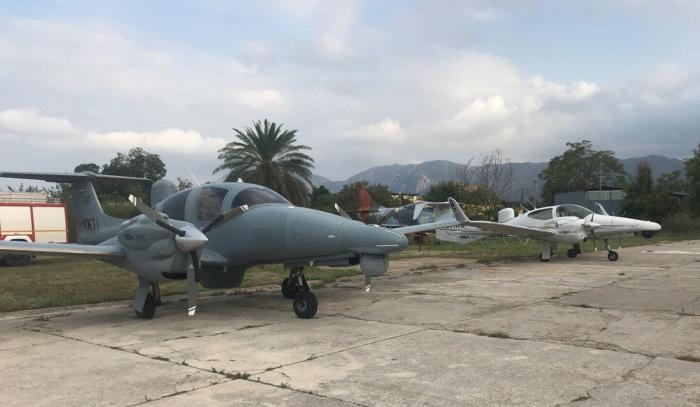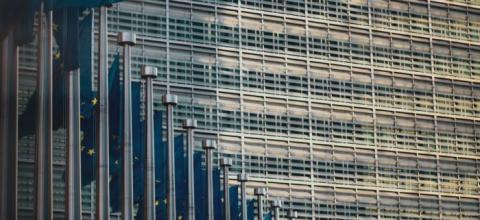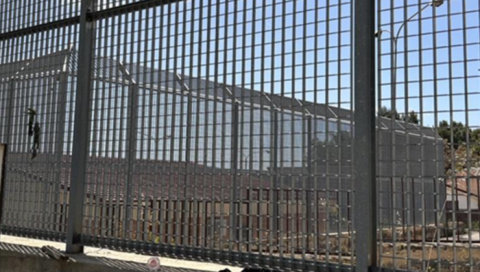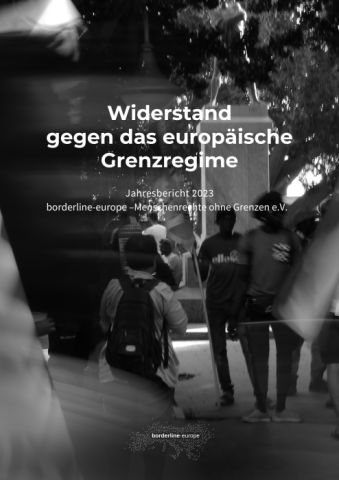
Frontex air service: air reconnaissance for the so-called Libyan coast guard
Vor fünf Jahren hat Frontex einen neuen Dienst zur Luftüberwachung der EU-Außengrenzen installiert. Für die Flüge dieses „Frontex Aerial Surveillance Service“ (FASS) chartert die Agentur zweimotorige Flugzeuge von europäischen Firmen. Anfangs erfolgten die Einsätze im Rahmen von EU-Missionen im „Grenzvorbereich“ der Europäischen Union, inzwischen führt sie Frontex in eigener Regie durch. Die Flugzeuge fliegen also nicht unter Führung EUropäischer Mitgliedsstaaten, wie bei anderen Frontex-Missionen üblich, was Fragen der rechtlichen Haftbarkeit aufwirft. Außerdem geht das Einsatzgebiet der FASS über EUropäische Hoheitsgebiete hinaus, zum Beispiel bis in die Seenotrettungszone der sogenannten libyschen Küstenwache. Frontex verschleiert Flüge in bestimmte Einsatzorte, wodurch nicht nachverfolgt werden kann, ob sich die Frontex-Flugzeuge an Seenotrettungen beteiligen, die zu menschenrechtswidrigen Rückführungen nach Libyen durch die sogenannte libysche Küstenwache führen.
Language(s): Deutsch / German Publisher: Matthias Monroy/ borderline-europe



